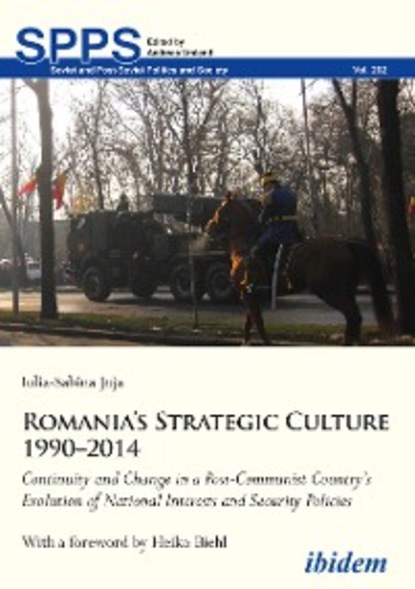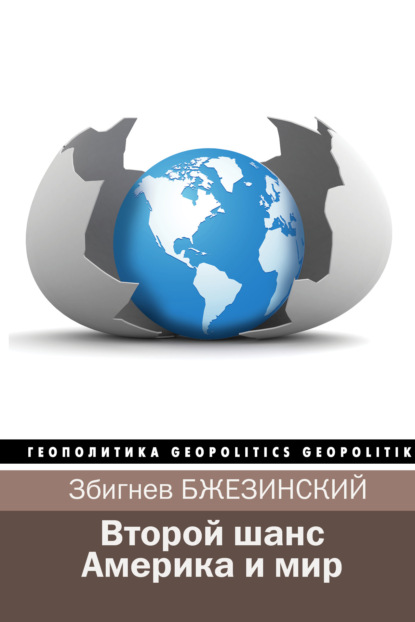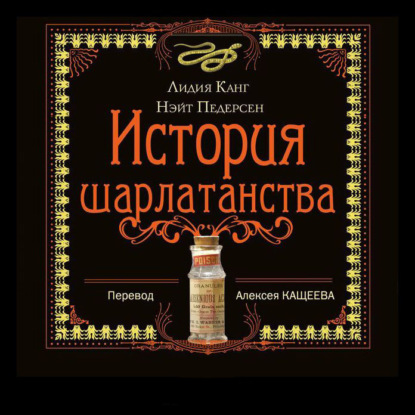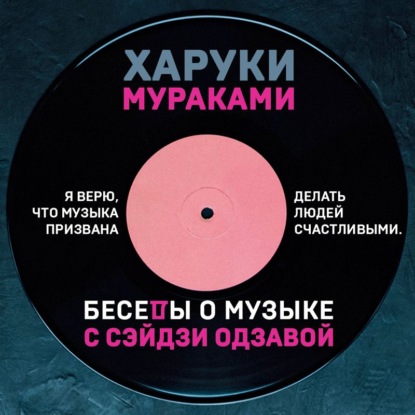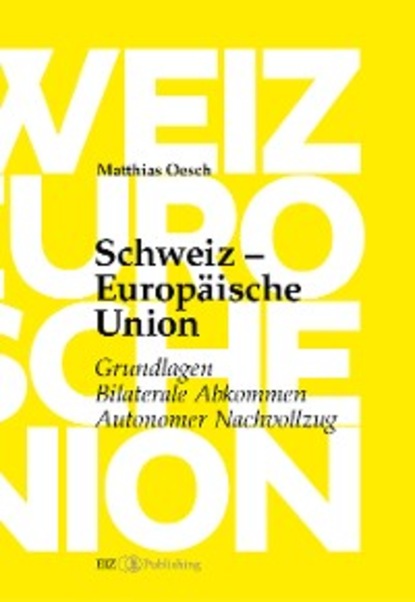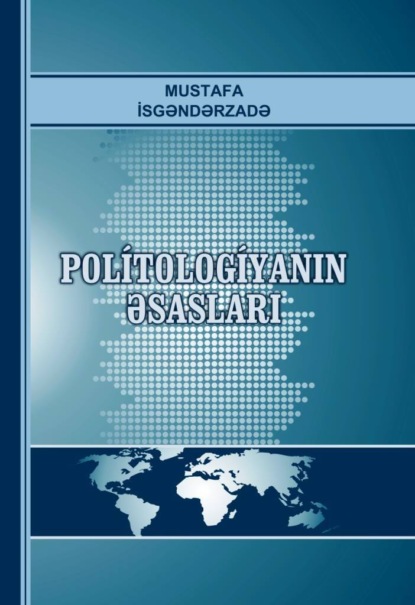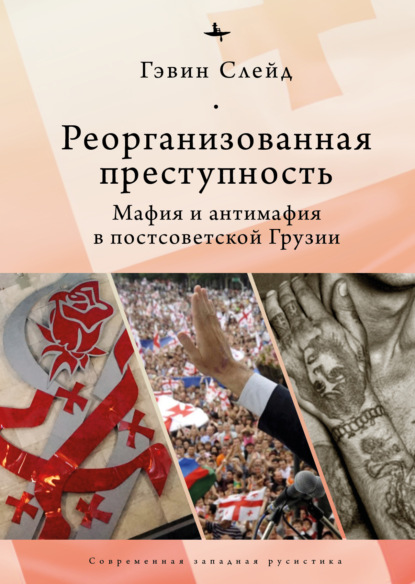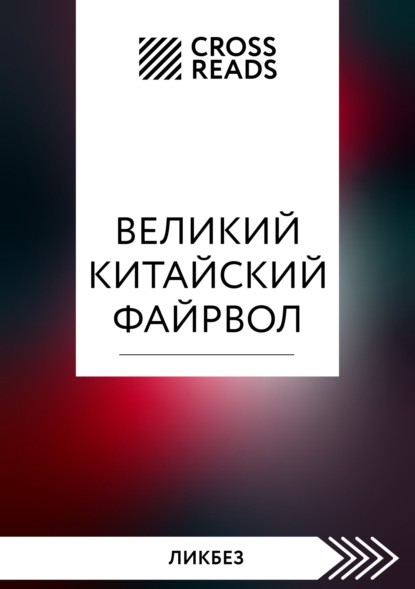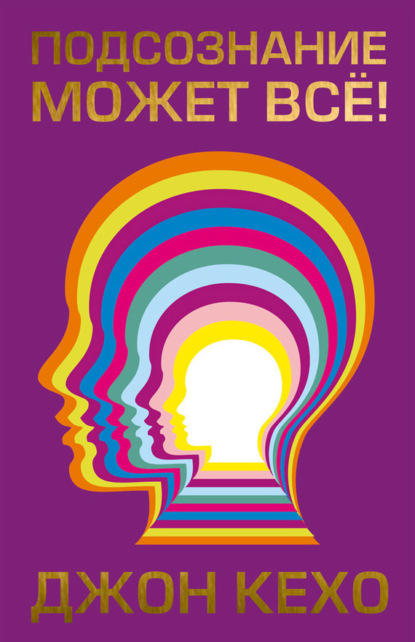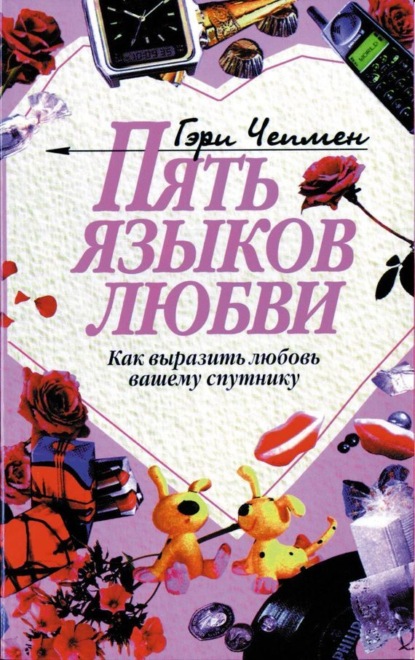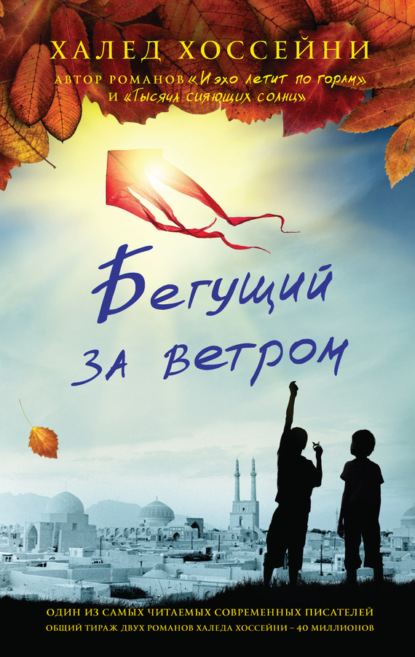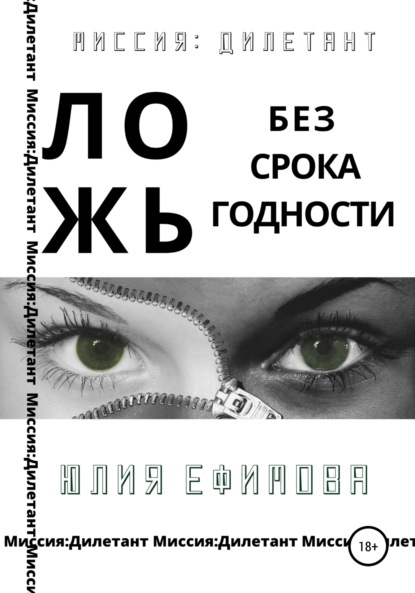Книга "Стратегическая культура Румынии 1990-2014" представляет собой анализ стратегической культуры Румынии в указанный период и ее влияния на национальную безопасность и политику. Автор исследует, почему некоторые аспекты стратегического мышления страны остаются неизменными, в то время как другие претерпевают изменения.
Во время посткоммунистического периода Восточной Европы стратегическая культура Румынии подверглась воздействию множества потрясений и сдвигов. Коммунистический режим Румынии поддерживал особо сложные отношения с Советским Союзом, что способствовало формированию национальной безопасностной риторики, которая легитимизировала высокоизоляционистскую внешнюю политику. Эти факторы сильно повлияли на стратегическое мышление Румынии после падения коммунизма и осложнили процесс перехода.
На первый взгляд, Румыния прошла поразительную адаптацию к новым вызовам в области безопасности. Однако традиционное национальное стратегическое мышление в некоторой степени осталось неизменным. Основные черты стратегической культуры Румынии, такие как сочетание государства и нации, оказались наиболее устойчивыми к изменениям. В то же время промежуточные черты, такие как понимание безопасности и представление о своей роли, а также внешние аспекты, такие как ориентация во внешней политике и принципы использования силы, подвержены большему влиянию от потрясений, сдвигов и нормативных представителей.
The purpose of national strategic culture analysis is to provide a framework through which to comprehensively understand a state’s ideational defence identity and practices in policy-making. However, it has become apparent that strategic culture mediates identity and policies, yet the mechanisms through which strategic cultures mutate and persist across timescales have seldom been researched in depth. This volume explores why some features in a country's strategic approach become rigid in the context of others transforming. It attempts to investigate the nuances of the decision-making process underlying the emergence and the enduring character of national strategies, particularly for post-Communist Eastern European countries. Romania's path marks a sequence of shocks as it attempts to harmonise economic change within a context of Cold War relations shaped by the historic rivalry between Soviet and socialist influence. The narrative legitimation of an isolationist foreign-policy stance cultivated by Romania's former Communist government influences strategic reasoning for years after Communism collapsed.
Электронная Книга «Romania’s Strategic Culture 1990-2014» написана автором Iulia-Sabina Joja в году.
Минимальный возраст читателя: 0
Язык: Английский
ISBN: 9783838272863
Описание книги от Iulia-Sabina Joja
Analysis of strategic culture facilitates a comprehensive understanding of a nation’s security identity and patterns of policy conduct. Though strategic culture changes over time, why and how these mutations take place has not been researched much so far. This book sheds light on the reasons why specific features of a country’s strategic thinking remain rigid while others transform.
The national strategic cultures of post-communist Eastern Europe have been exposed to a panoply of shocks and shifts. Romania’s communist regime cultivated a uniquely thorny relationship with the Soviet Union, which facilitated the development of a national security narrative legitimizing a highly isolationist foreign policy. These factors have heavily weighed on Romanian post-communist strategic thinking and complicated the transition process.
At first glance, Romania went through an astonishing adaptation to novel security challenges. Ultimately, however, its traditional national strategic thinking remained in some ways constant. Core features of Romania’s strategic culture—such as the state-nation constellation—were the most resilient to change. In contrast, the intermediary features—such as the understanding of security and role conception—as well as outer layers—such as the foreign policy orientation and guidelines to using force—of strategic culture were more prone to influence by shocks, shifts, and norm entrepreneurs.
